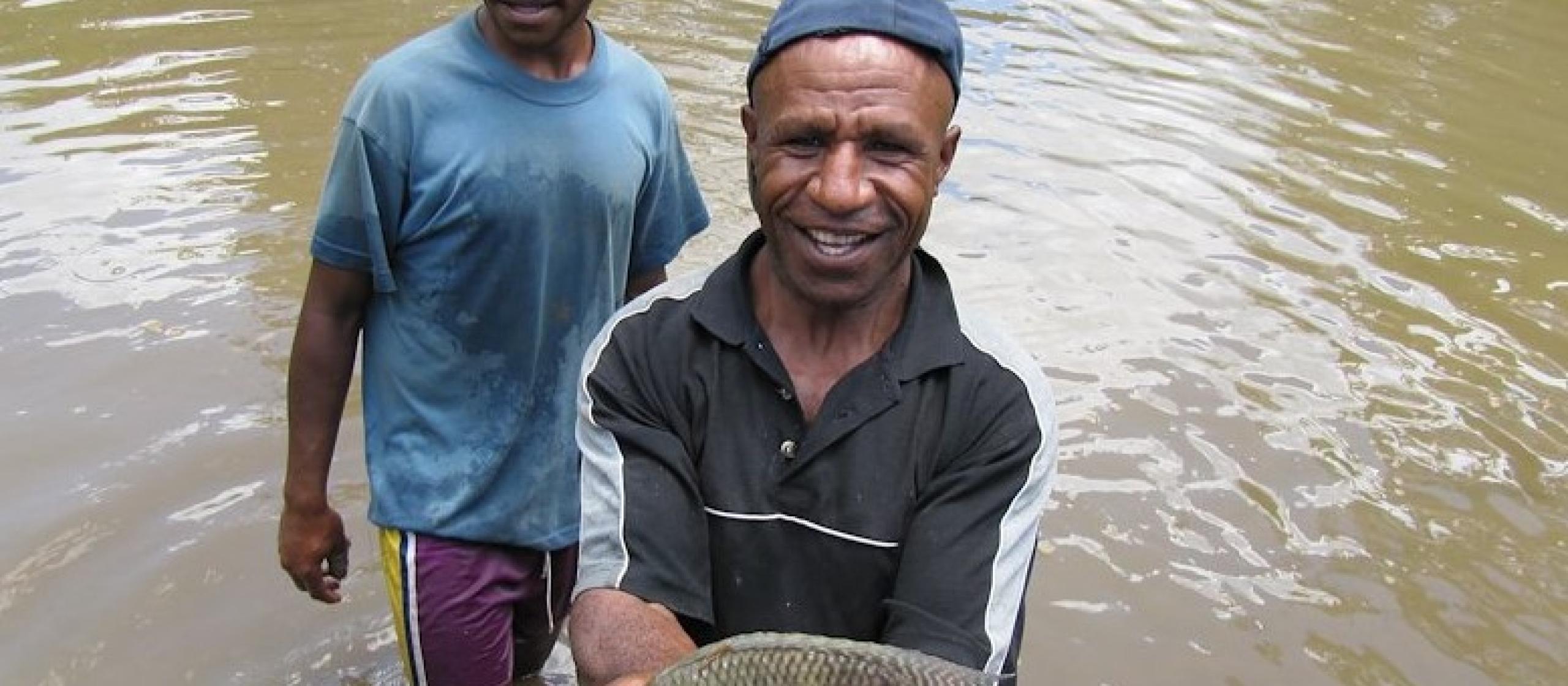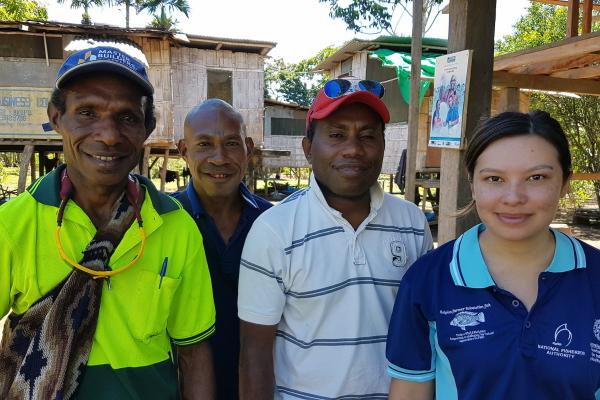- HomeHome
-
About ACIAR
- Our work
- Our people
-
Corporate information
- ACIAR Audit Committee
- Commission for International Agricultural Research
- Policy Advisory Council
- Agency reviews
- Executive remuneration disclosure
- Freedom of information (FOI)
- Gifts and benefits register
- Information publication scheme
- List of new agency files
- Contracts
- Legal services expenditure
- Privacy impact assessment register
- Commonwealth Child Safe Framework
- Benefits to Australia
- Careers
- 40 years of ACIAR
-
What we do
- Programs
- Cross-cutting areas
- Resources
- Where we work
-
Funding
- Research projects
- Fellowships
-
Scholarships
- John Allwright FellowshipScholarships to study in Australia for ACIAR partner country scientists to have Australian postgraduate qualifications
- ACIAR Pacific Agriculture Scholarships and Support and Climate Resilience Program
- Alumni Research Support Facility
- Publications
- News and Outreach
Date released
09 October 2018
Shanice Tong spent the first seven years of her life in East New Britain Province (ENBP) in PNG. Her family, along with thousands of others, was displaced by the 1994 eruption of Tavurvur in Rabaul. Family connections, regular visits and wonderful memories of her childhood have helped her to retain ties to Rabaul and ENBP. It’s been more than 17 years since Rabaul was Tong’s home, but she’s back to make a difference through a Master of Philosophy at the University of New South Wales (UNSW) under the ACIAR Inland Aquaculture Project.
‘I have seen the struggles many people in the community were up against, witnessed the corresponding changes in livelihoods, and admired the resilience of displaced people in ENBP. I felt the need to make a difference, or at least learn more about livelihood strategies used by the community. I was lucky enough to find an accommodating supervisor, who enabled me to have ENBP as my study site. My research now feeds into a larger UNSW and National Fisheries Authority (NFA) project on inland aquaculture funded by ACIAR,’ says Tong.
‘As a young girl I had always thought that the kids had big tummies because they ate too much. I later learned this is a sign of malnutrition, caused by a lack of protein and essential micronutrients in their diet. While they may be getting sufficient caloric intake, protein deficiency can lead to stunting and it’s harder for children to focus in school,’ she says.
Tong’s research found that the impacts of fish farming were not restricted to meeting nutritional needs and generating income. Fish farming also generates many social benefits.
‘Fish farming gives people purpose, where opportunities can be scarce. Fish farming is an effective livelihood strategy that has numerous positive outcomes. For example, fish farming empowers women to provide financially for their household, which is traditionally a maledominated role. It also gives individuals a sense of responsibility and a will to keep improving their livelihoods and lifestyle.’
Tong’s research results will inform decision-making and strategic development guidelines and policy in PNG and underpin future research on inland aquaculture in a culturally diverse country.





